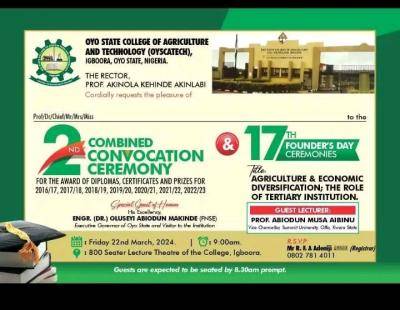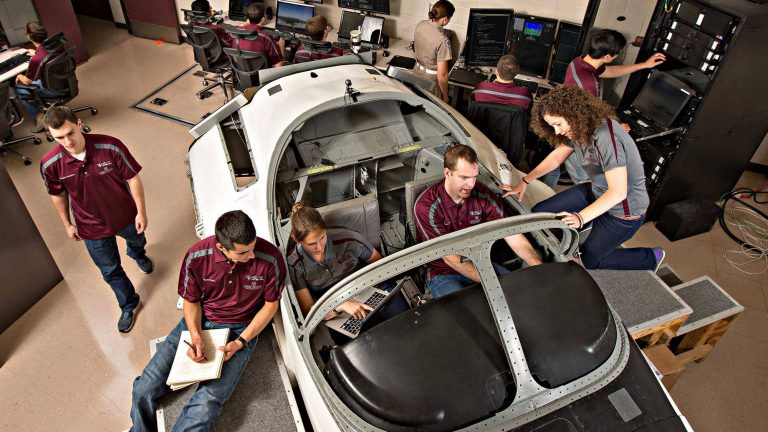TAMU Literature Requirement
TAMU Literature Requirement: Texas A&M University (TAMU) stands as a beacon of academic excellence, and at its core lies an unwavering emphasis on literature. This recognition of literary studies forms a cornerstone of TAMU’s academic approach, encapsulated in the institution’s literature requirement for undergraduate programs. This core curriculum component is tailored to ensure that students immerse themselves in diverse literary works, fostering critical thinking, cultural understanding, and communication prowess.
The literature requirement at TAMU is not a mere academic stipulation; it is an embodiment of the university’s ethos. Through a mandated exploration of diverse literary traditions, genre variations, and critical analysis, TAMU ensures that its students are exposed to the rich tapestry of global literary narratives. Each literary interaction is a step towards broadening perspectives, understanding historical contexts, and connecting with the shared human experience across different cultures and epochs.
In the broader landscape of higher education, TAMU’s literature mandate underscores the importance of holistic intellectual development. In an era dominated by technology and data-centric disciplines, TAMU’s commitment to literature serves as a reminder of the timeless and universal significance of stories, characters, and emotions. It attests to the belief that while professional skills are crucial, the lessons drawn from literature are indispensable in shaping well-rounded, empathetic, and insightful individuals.TAMU Literature Requirement
Read Also: Tamu Degree Requirement Verification
TAMU Literature Requirement
1. What is the TAMU Literature Requirement?
The literature requirement at TAMU is a mandate that requires undergraduate students to complete certain credit hours dedicated to the study of literature. This requirement is part of the university’s core curriculum and is designed to ensure that students gain exposure to a wide array of literary works, genres, and traditions.
The university believes that reading, analyzing, and engaging with literature helps to cultivate critical thinking skills, improve communication capabilities, and foster a deeper understanding of human culture, values, and emotions.
Read Also: Texas A&M Language Requirements
2. Components of the Literature Requirement
While specific courses might vary based on the academic year or any curriculum revisions, the central tenets of TAMU’s literature requirement typically include:
- Diverse Literary Traditions: Students study literature from various cultures, time periods, and perspectives. This approach helps in broadening their horizons and understanding the universality of human experience.
- Genre Exploration: Students delve into different literary genres, such as prose, poetry, drama, and non-fiction, enabling them to appreciate the nuances and intricacies of each form.
- Critical Analysis: Beyond merely reading, students are trained to analyze literary works, understanding themes, motifs, character development, and narrative structures.
- Historical Context: Recognizing that literature doesn’t exist in a vacuum, the courses often touch upon the historical and sociopolitical contexts that influenced and were influenced by literary works.
Read Also: Texas A&M Duolingo Requirements
3. Why is a Literature Requirement Essential?
In an increasingly technological and data-driven world, some might question the relevance of dedicating academic hours to literature. However, literature plays a pivotal role in personal and intellectual development.
- Empathy Development: Engaging with characters, stories, and emotions in literature can foster empathy. Readers often find themselves understanding and sympathizing with characters whose experiences might be entirely different from their own.
- Cultural Awareness: In a globalized world, cultural sensitivity and understanding are paramount. Literature offers a window into different cultures, traditions, and ways of life, promoting inclusivity and tolerance.
- Skill Enhancement: Literature fosters critical thinking, improves vocabulary, hones analytical skills, and strengthens written and oral communication.
- Personal Growth: Literature provides insights into human nature, morality, and the broader questions of existence, helping students in their journey of self-discovery and personal growth.
Read Also: TAMU UCC Requirements
4. Literature in the Context of Higher Education
Higher education is not merely about acquiring vocational skills. While professional readiness is crucial, universities have the responsibility to shape well-rounded individuals capable of critical thought, ethical decision-making, and effective communication. Literature, as a discipline, encapsulates all these facets.
Many globally recognized universities, like TAMU, emphasize literature in their core curriculums, understanding its potential to mold future leaders, thinkers, and global citizens.
Read Also: Texas A&M SAT Requirements 2023
5. Students’ Perspectives on the Literature Requirement
Most students at TAMU recognize the value of the literature requirement, although reactions can vary:
- Appreciation: Many students find that the literature courses they take become some of their most memorable university experiences. They cherish the discussions, debates, and the joy of discovering new authors or perspectives.
- Challenges: Some students might find the study of literature challenging, especially if they come from backgrounds where literary analysis wasn’t emphasized. However, with the right guidance and approach, most students overcome these challenges and come to appreciate the depth and richness of literature.
- Skills Application: Irrespective of their major, many TAMU students find the skills acquired in literature classes to be invaluable. Whether they’re engineering, science, or business majors, the ability to communicate effectively, analyze complex scenarios, and think critically is universally beneficial.
Conclusion
TAMU’s literature requirement is not just about fulfilling an academic mandate. It’s a testament to the university’s belief in the power of literature to shape minds, enrich lives, and foster holistic personal and intellectual growth. As students navigate the complexities of the 21st century, the timeless lessons imbibed from literature will undoubtedly stand them in good stead, making them not just better professionals, but also more empathetic and aware human beings.
As the world evolves, and as the dynamics of education change, the timeless appeal of literature and its significance in shaping minds remains undiminished. Institutions like Texas A&M University recognize this and continue to champion the cause of literature in higher education.schoolnewsportal


